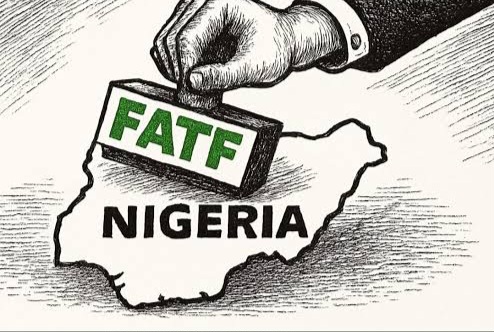Nigeria’s removal from the Financial Action Task Force (FATF) grey list is being seen as a major step forward for the country’s economic credibility and financial governance.
The global anti-money laundering and counter-terrorist financing watchdog announced Nigeria’s delisting at its October 2025 plenary in Paris on Friday, after the country fully implemented a 19-point reform plan.
In a statement by President Bola Tinubu’s special Adviser on Information and Strategy, Bayo Onanuga, it was ssaid that the milestone represented “not just a technical accomplishment but a strategic victory for our economy and a renewed vote of confidence in Nigeria’s financial governance.”
Nigeria was placed on the grey list in February 2023 due to weak enforcement of financial regulations, inadequate coordination among security and regulatory agencies, and opaque financial reporting practices.
Tinubu said his administration approached the listing as a challenge rather than a setback, directing relevant institutions to fast-track reforms to bring the country back into full compliance.
Under presidential directives, the Nigerian Financial Intelligence Unit worked with the Office of the Attorney-General, and the Ministries of Finance, Justice, and Interior to strengthen legal frameworks, improve inter-agency cooperation, and enhance enforcement mechanisms across the financial system.
The removal is expected to ease international financial transactions, improve investor confidence, and enhance Nigeria’s global economic standing.







